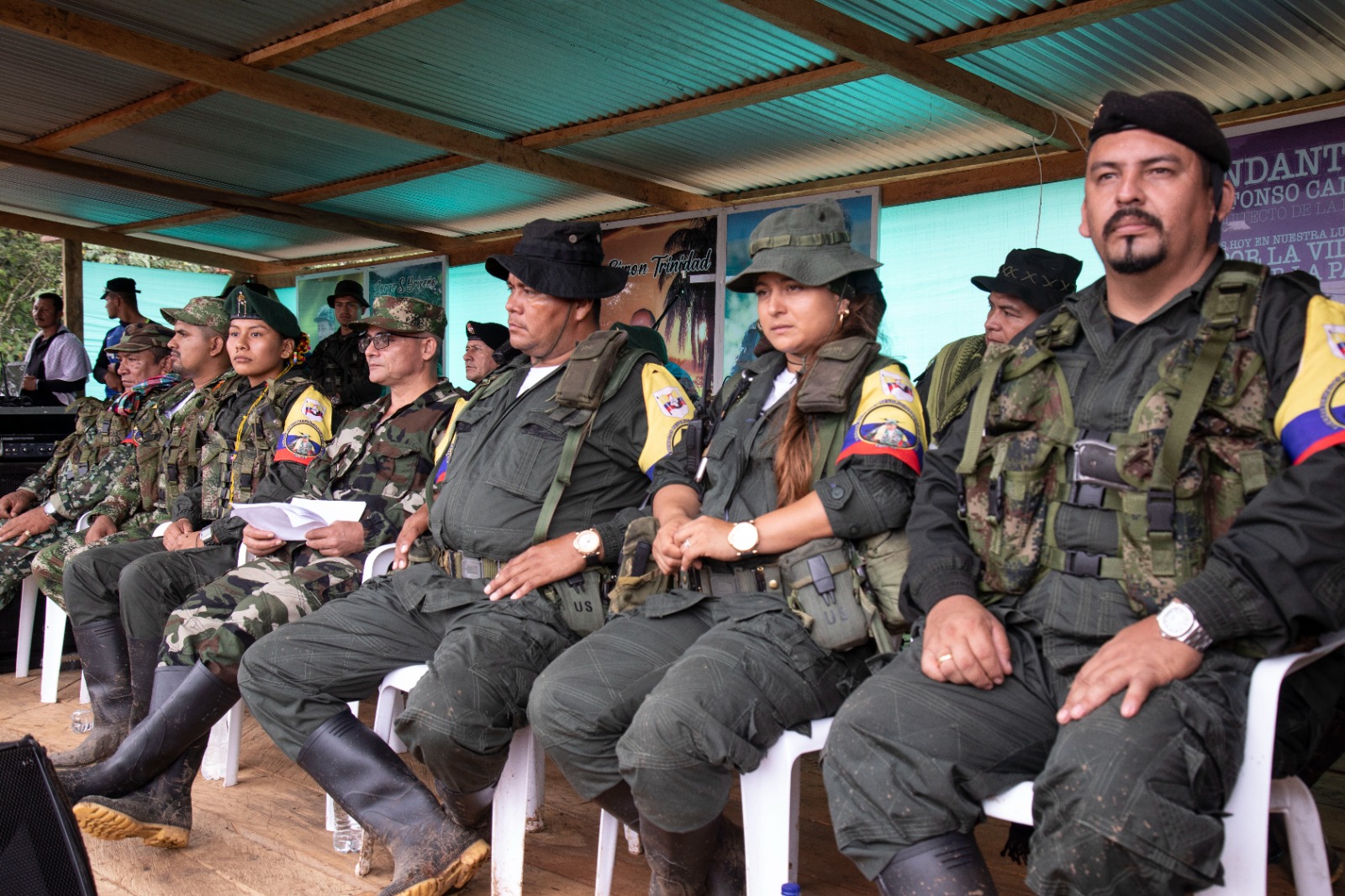Colombian Vice-President receives explosives by the house
- Near the house of Vice-President France Marquez, they have touched seven kilos of explosives and concluded that it was an attempt to attack him. Márquez has received numerous attacks and threats in his militant and institutional career.

France Márquez was an attempt to attack the Colombian Vice-President, as Marquez himself said on Tuesday: “It was a new attempt to attack my life.” On his way to Márquez's house, his bodyguards find seven kilos of explosives. The police have destroyed the explosives and there have been no injuries. But the attempt wakes up alarms in the country, on the one hand because it has not been the first and on the other because it has occurred in one of the most dangerous areas of the country.
“We are not going to give in until we get the peace that Colombia needs and dreams,” says Márquez in the Twitter message that has given the news. Márquez was going to be in his Cauca house on the weekend, with the intention of spending holidays, so they inspected the road home before the vice-president was present. The explosives were found one meter from the road leading to his house and, according to their characteristics and location, concluded that this was an attempt to attack the vice-president.
.jpg)
Physical attacks and threats are common
Although the news has sparked panic, Márquez sees no new threats and attacks. Although his trajectory in institutional policy is brief, he took office in August 2022, denouncing threats in the campaign itself. Previously, as an environmental militant, he suffered physical attacks with grenades and weapons, and verbal attacks with threatening phone calls. Márquez has not been the first in Colombian history to suffer an attack or other type of attack: at least three candidates were killed in the 1990s and in 2021, President Ivan Duque’s helicopter was shot.
In this regard, it is not news that Márquez is the victim of attacks and threats, nor that such attacks occur in the Cauca region. In fact, the territory is on the verge of drug trafficking, has access to the Pacific, where various groups and clan work. In this territory, therefore, attacks on its inhabitants are frequent, at least among those engaged in social and environmental movements: 20% of the population, 235,000 people, according to the government.
Other oppression
The attack on France Márquez is no exception, but in this case it also has another connotation. Márquez's arrival in the government was acclaimed both in Colombia and internationally: the militant for environmental protection is the first black woman in the Colombian government. All these axes have led him to suffer oppression not supported by other authorities. For example, Colombian Luz Fabiola Rubiano is being tried for the extension of racist insults against the vice-president in a demonstration against the government last September. The prosecution accuses him of discrimination and provocation.
I have recently had the opportunity to see the latest work by Pierre Carles, a committed documentary author. Under the name of Guérilla des FARC, l'avenir a une histoire (FARC guerrilla, the future has history), proposes a renewed account of the armed conflict that has lasted... [+]
Uwa, kamsá, tukuná, uitoto, tikun, embera, nasa/yuwe, nuka, sikuani, siano, macuna, yuruti, kichwa, achagua, bora, truncar. These are some of the languages spoken in Colombia. Unfortunately, when I lived in Colombia, in Cundinamarca, I did not have the opportunity to learn our... [+]
International Migrants Day is celebrated on 18 December. Last year, an institutional event was held at the Alhóndiga in Bilbao in cooperation with the social partners and I was invited to participate. There I had an unbeatable opportunity to meet new creators and, above all, to... [+]
An indifferent people! How different your destiny would be if you knew the price of freedom! But it's not too late. Although I am a woman and young, I now have the courage to face death and I would have it a thousand times more, do not forget! ".
With these words, Policarpa... [+]



















